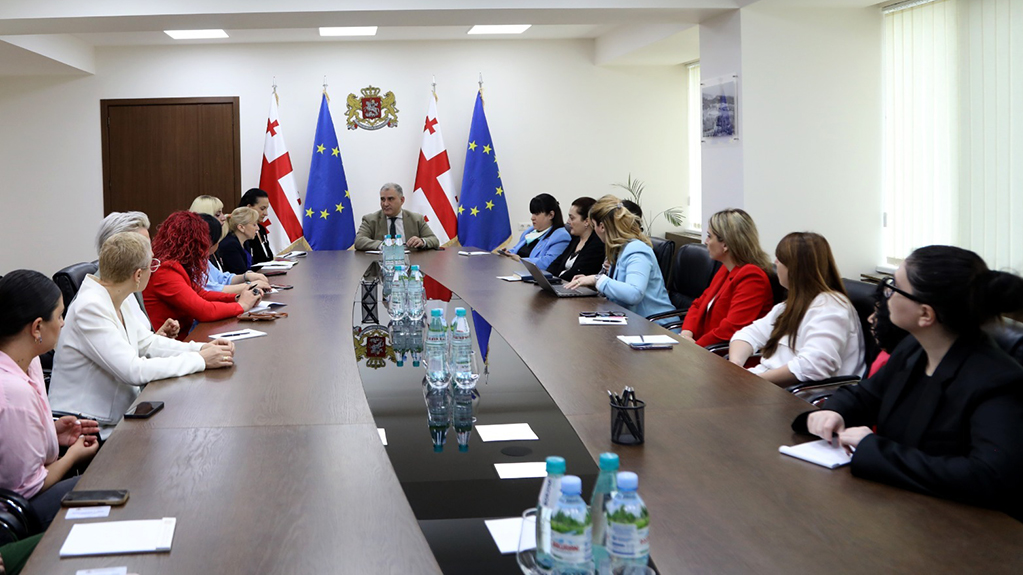A working meeting was held at the Ministry of Health with the participation of oncological patients and representatives of patient organizations. According to the Ministry, Minister Mikheil Sarjveladze presented a new draft of the rules for issuing medicines needed for various therapies, which will now be available directly in medical institutions
News
"Beneficiaries will no longer have to bring medicines from pharmacy chains to the clinic themselves. All patients who come for the procedure will receive their medicine at the institution," said Mikheil Sarjveladze, noting that the goal of this change is to make the treatment of oncological diseases more affordable in the country.
Gvantsa Apkhaidze, the founder of the organization Union for Life, who has been demanding affordable treatment for cancer patients for months, says they were not invited to the meeting. She positively evaluates the change in the method of dispensing medicines. However, she believes that changes that can be implemented in a week should not take months.
"A decree of the Ministry of Health was issued that full treatment would be available to everyone starting in January. It is unfortunate that the only change made by the Ministry of Health in July is that patients will receive medicines in clinics.
Of course, this is a positive step, but how will those patients who go to Turkey take these medicines?!" says Gvantsa Apkhaidze.
As oncological patients say, the main problem they face is the lack of necessary medicines. Additionally, the state does not finance preliminary studies and diagnostics, management of side effects caused by treatment, monitoring of patients in remission, or planned studies.















